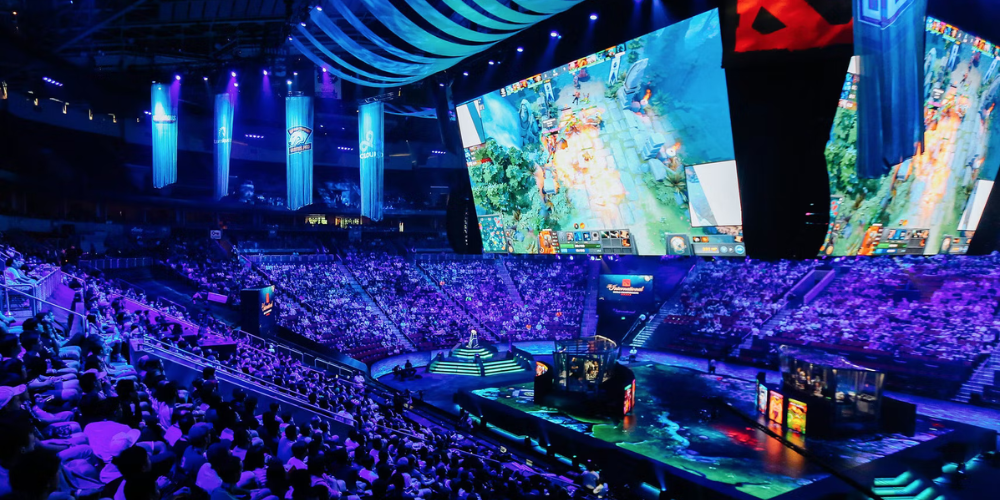The Evolution and Future Trends of Computer Games in the Digital Era
- May 16, 2024
- 751

Since their inception in the mid-20th century, computer games have undergone an astonishing evolution that reflects advances in technology and shifts in our culture, values, economics, and aesthetics. Computer games have emerged as a quintessential form of modern entertainment, from simple pixel-based creations to virtual realities with photorealistic graphics. This article examines these games' historical progression and future trends within the digital era.
The Evolutionary Leap

Computer games' origins date back to academic experiments like ‘Spacewar!’ in the 1960s and commercial successes like ‘Pong’ in the early 1970s. Initially, they were basic interactive experiences tied to expensive hardware. Today’s games are almost unrecognizable from these humble beginnings.
The late 1970s and early 80s brought an explosion of arcade gaming and home consoles, represented by iconic titles such as 'Space Invaders,' 'Super Mario Bros.,' and 'Donkey Kong.' Intrinsic improvements followed; game design became more sophisticated due to advancements including color graphics, a shift from single-screen gameplay to scrolling worlds, robust soundtracks, and narrative content - creating complex fantasy worlds that captivated players.
By the late 1990s and early 2000s, technological advancements fueled further dramatic transformations in gaming. Aside from graphical enhancements, this period witnessed the birth of online multiplayer environments, changing the formerly solitary or locally cooperative nature of most video games into massively social experiences reaching across continents.
Emerging Era: Mobile & VR Gaming

In recent years, smartphones have democratized game accessibility, with myriad mobile games available for instant play without pricey consoles or PCs. Accessible advancements like augmented reality (AR) and (VR) virtual reality have led to immersive gaming experiences that are seamless to control with straightforward movements or touches.
Next-Level Trends For Computer Games

As we look ahead, unpredictability remains the only constant in the evolution of video games. Nevertheless, several trends seem most likely to impact this dynamic field's future significantly.
- Augmented and Virtual Reality: AR and VR are becoming more deeply embedded in the gaming world as hardware and software advance, providing increasingly immersive experiences that blur the boundaries between physical and digital spaces.
- Cloud Gaming: Similar to Netflix for video or Spotify for music, cloud gaming enables users to play games stored on remote servers rather than on dedicated consoles or PCs. This shift will make high-quality gaming experiences even more accessible.
- eSports: Competitive video game contests, known as eSports, have already painted a new picture of professional sports in society—this is expected to grow as leagues become more formalized and corporate sponsorship increases.
- Procedural Content Generation (PCG): Emerging technologies such as AI will automate game content creation through powerful algorithms that decide everything from terrain topography to behavior patterns – amplifying developers’ creative capacity and reducing production costs.
- Cross-Platform Play: Developing user-friendly applications across all platforms has become an industry priority, fostering collaborations among players via console or mobile throughout various gaming environments.
Conclusion
The field of computer games is subject to constant flux, given its directly proportional relationship with technology's relentless pace. From their pixelated past to their high-definition present, computer games will maintain their place at the forefront of technology innovation due largely to our continued desire for immersive and engaging forms of entertainment—carving out unknown territories within both virtual reality and the real world alike